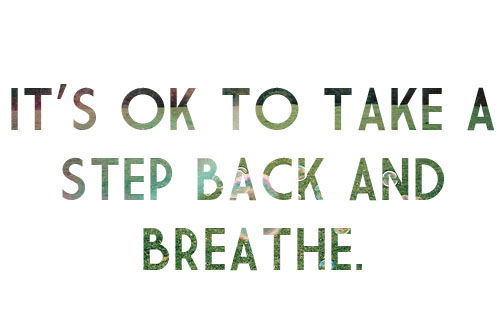Get comfortable with change, but how?
- Shobhit Khandelwal

- Jan 28
- 3 min read
"If you are not changing, you are not growing."
— Albert Einstein
In simpler words: growth always demands change.
Change comes in all shapes and sizes: a new job, a shift in your relationship status, moving to a new place, or finding yourself surrounded by different people. Whatever the form, one thing is certain: change is inevitable if you’re serious about growth. But let's face it—change is tough. It can demand more resilience than we expect.
Let’s break it down and explore why change can feel so challenging and how you can thrive through it.
Why Is Change So Hard?
1. It Pushes You Out of Your Comfort Zone
Change disrupts the familiar. Suddenly, you’re in unfamiliar territory, constantly toggling between fight-or-flight mode. That’s not a comfortable place to be, but it’s also where growth begins.
2. It Challenges Your Habits
Change forces you to adjust how you’ve been operating. Your usual coping mechanisms might feel ineffective, leaving you on edge—and that’s okay. This shift means you’re adapting.
3. It Takes Emotional Endurance
Adapting to change isn’t just about logistics; it’s also emotionally taxing. You’re processing new environments, roles, and expectations all at once. No wonder it feels overwhelming!
My Personal Journey Through Change
Recently, I went through a significant life shift: moving to a new city in a different state and putting a ring on my finger—yep, married life! As exciting as it’s been, it’s also been a whirlwind of adjustments. Here’s what I’ve learned along the way that has helped me not just survive but thrive through the transition.
5 Tips to Cope With Change
1. Find or Build Your Foundation
Your foundation is what keeps you grounded. Whether it’s working out, meditating, journaling, or listening to your favorite music, these habits give you a sense of stability amidst chaos. If you already have a few habits that center you, hold onto them. If not, start small and build.
2. Take Responsibility for Your Stability
Change is messy, but remember: landing on your feet is your responsibility. No one else can do it for you. Start by acknowledging this fact, and you’ll begin to feel more in control of the situation.
3. Start Small
When life throws you into emotional turbulence, it’s tempting to shut down. But you don’t have to tackle everything at once. Instead, focus on the next step. As the saying goes:
“If you can’t plan the whole path, just plan the next step.”
Small, consistent actions will eventually lead to significant change.
4. Catch Yourself Making Excuses
When change feels overwhelming, procrastination often creeps in. You may find yourself avoiding that morning walk you promised you’d start. The cheat code? Turn consistency into your anchor.
For example:
If you’ve committed to walking at 5:00 AM every day, don’t let a new place or routine stop you.
If you’ve set aside 9:00 PM for reading, honor that no matter what.
Consistency creates a sense of normalcy, making the change feel less disruptive.
5. Make Your Constants Work for You
Here’s a game-changer: while change is constant, time is too. If you make the right habits your constants, the change will start feeling like the variable. Over time, you’ll notice that the things you do every day keep you grounded, even when everything else around you shifts.
Growth Demands Change, but Consistency Sustains It
If there’s one thing I’ve learned, it’s this: the key to navigating change is to hold onto the parts of your life that make you feel like you. These constants will provide comfort and stability as you grow into the person you’re becoming.
Remember this:
“All changes are hard at first, messy in the middle, and gorgeous in the end.”
— Robin Sharma (The Wealth Money Can’t Buy)
So, embrace the mess, stay consistent, and trust the process. Because on the other side of change lies your next level of growth.




Comments